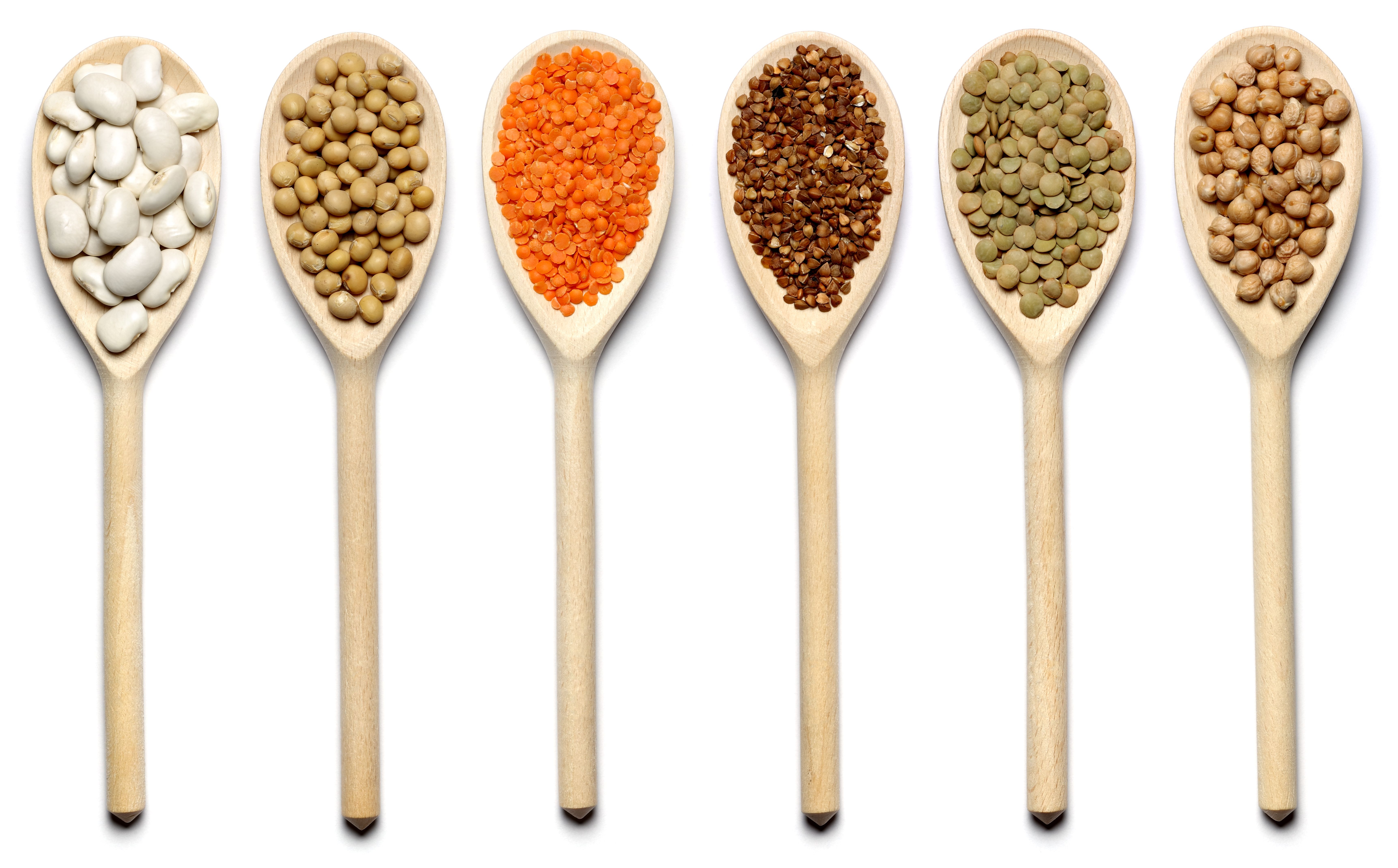4 Nutrition Experts Share Their Top Tips for Increasing Fiber Intake
Why Fiber Matters
Fiber is an essential component of a healthy diet, playing a vital role in maintaining digestive health, regulating blood sugar levels, and even aiding in weight management. Despite its importance, many people struggle to consume enough fiber daily. We reached out to four nutrition experts to share their top tips for boosting fiber intake easily and effectively.

Expert Tip 1: Make Vegetables the Star
Nutritionist Laura Green emphasizes the importance of incorporating more vegetables into meals. "Aim to fill half your plate with vegetables at every meal," she advises. Vegetables such as broccoli, Brussels sprouts, and carrots are not only high in fiber but also packed with essential vitamins and minerals.
To make this easier, Laura suggests preparing vegetables in advance. "Chop and store them in the fridge for a quick addition to any meal. You can also experiment with different cooking methods, like roasting or steaming, to keep things interesting."
Expert Tip 2: Opt for Whole Grains
Dietitian Mark Thompson recommends switching to whole grains to naturally increase fiber intake. "Whole grains retain all parts of the grain, providing more fiber than refined grains," Mark explains. Foods like brown rice, quinoa, and whole wheat bread are excellent choices.
Mark suggests looking for whole grain versions of your favorite foods. "Whether it's pasta, bread, or cereals, there are usually whole grain options available that don't sacrifice taste or texture."

Expert Tip 3: Snack on Fiber-Rich Foods
According to nutrition expert Sarah Lin, snacks can be a great opportunity to add more fiber to your diet. "Choose snacks that are naturally high in fiber, such as fruits, nuts, and seeds," she recommends. Apples, almonds, and chia seeds are all convenient options that pack a fiber punch.
Sarah also suggests preparing homemade snacks like energy balls made with oats and dried fruits or a simple trail mix with a variety of nuts and seeds. These options are not only high in fiber but also provide sustained energy throughout the day.
Expert Tip 4: Incorporate Legumes
Registered dietitian Emma Rose highlights the benefits of adding legumes like beans and lentils to your meals. "Legumes are incredibly versatile and rich in both fiber and protein," Emma notes. They can be easily added to soups, salads, and even pasta dishes.
Emma advises starting with small amounts if you're not used to eating legumes regularly. "Gradually increase your intake to help your digestive system adjust, and experiment with different varieties to find what you enjoy most."

The Benefits of Increased Fiber Intake
Increasing your fiber intake can lead to numerous health benefits. A diet rich in fiber can help prevent constipation, lower cholesterol levels, and reduce the risk of developing heart disease and type 2 diabetes. Furthermore, high-fiber foods are often more filling, which can help with weight management by reducing overall calorie intake.
By following these expert tips, you can easily incorporate more fiber into your diet and enjoy the associated health benefits. Remember that making small changes gradually can lead to lasting habits and a healthier lifestyle.
